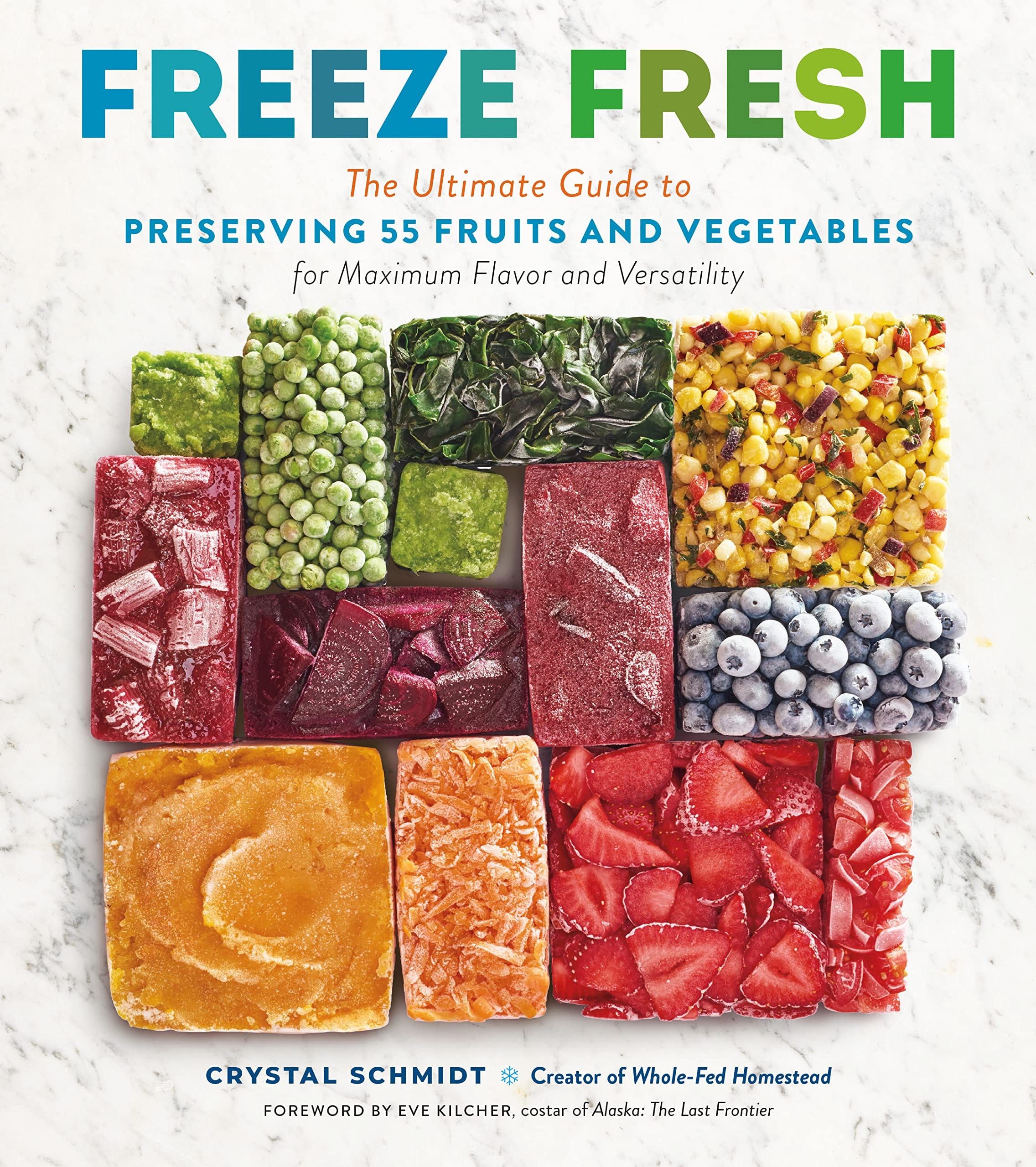Yes, you can freeze almond milk, although it may separate when thawed. Freezing doesn’t affect the nutritional value, but it may alter the texture.
Almond milk is a popular non-dairy alternative that has gained a dedicated following among those who are lactose intolerant, vegan, or simply prefer its taste to cow’s milk. While its shelf life is longer than dairy milk when unopened, once opened, almond milk requires refrigeration and should be consumed within 7-10 days.
Freezing almond milk is a viable option if you don’t intend to finish the carton quickly. It can be beneficial for extending its usability beyond the refrigeration period, making it a convenient choice for those who don’t use almond milk regularly but want to have it on hand. Keep in mind that post-thaw consistency might be best suited for cooked or baked goods rather than for drinking or cereal.
Myths And Facts About Freezing Almond Milk
Many people believe that freezing almond milk changes its nutritional value. This is not entirely true. Nutrients in almond milk remain mostly intact when frozen. The real issue arises with texture and consistency, as frozen almond milk may separate and become grainy after thawing. This can affect its usability for certain recipes or as a drink. Shaking or blending can help restore some smoothness.
To maintain quality, use almond milk within a month of freezing. Always store in airtight containers to protect from freezer burn and odor absorption. Remember, thawed almond milk is best used in cooking or baking, where texture changes are less noticeable.
Before The Freeze: Preparing Almond Milk
Freezing almond milk is a great way to extend its shelf life. Start by choosing unsweetened and unflavored varieties. These types tend to freeze better. Look for almond milk with minimal additives; this ensures a more stable texture upon thawing. Use fresh almond milk, as the fresher it is when frozen, the better it will be afterward.
Ensure you have airtight containers or ice cube trays. Do not freeze in the original packaging to avoid expansion issues. Leave some space at the top of your container to allow for expansion. Store almond milk at -18°C (0°F) for best results.
The Freezing Process Simplified
Freezing almond milk is easy with the right steps. Begin by shaking the carton well. Pour the milk into an airtight container. Leave space at the top as milk expands when frozen. Seal the container tightly to prevent freezer burn. Place it in the freezer. Remember, it’s best for use in smoothies or cooking post-thaw, as texture may change.
- Do: Use an airtight container to maintain quality.
- Do: Label your container with the freezing date.
- Don’t: Freeze in the original carton to avoid split sides.
- Don’t: Expect the same texture after thawing for drinking.

Thawing And Using Frozen Almond Milk
To ensure optimal quality after freezing, thaw almond milk slowly. The best method is to place the frozen container in the fridge. It can take a day for it to thaw completely. Quick-thawing at room temperature is not recommended. This can affect taste and consistency.
Using thawed almond milk in recipes is simple. Shake well before use to mix any separated components. Thawed milk works well in baked goods, smoothies, and hot cereals. Do not freeze it again once thawed. The quality won’t be the same. Always sniff and taste before using to ensure freshness.

Storing And Shelf Life Considerations
Almond milk can be frozen to extend its usable life. It’s key to know proper storage techniques to maximize the shelf life post-freeze. Ensuring the almond milk is stored in airtight containers before freezing helps prevent freezer burn and maintain quality. It’s advisable to leave room for expansion as liquids expand when frozen.
Freezing can cause separation of ingredients in almond milk. Upon thawing, a good shake or blend can restore its consistency. To identify if frozen almond milk has spoiled, look for changes in color, odor, or texture. Sour taste or curdled texture are clear indicators that the almond milk should not be consumed.

Frequently Asked Questions For Can You Freeze Almond Milk
Why Can’t You Freeze Almond Milk?
You can freeze almond milk, but it may separate and lose texture. For best results, shake well after thawing.
How Long Does Almond Milk Really Last In The Fridge?
Unopened almond milk lasts 7-10 days past its use-by date. Once opened, consume it within 7 days for best quality. Always refrigerate almond milk.
Can I Freeze Almond Milk In The Carton?
Yes, you can freeze almond milk in its original carton, but make sure there’s room for expansion to prevent the carton from bursting.
How Do You Preserve Almond Milk?
Store unopened almond milk in a cool, dark pantry. Once opened, refrigerate and consume within 7-10 days. Close the container tightly after each use. Avoid placing near strong-smelling foods to maintain freshness. Do not freeze, as it can alter the texture and taste.
Conclusion
Freezing almond milk is indeed a viable option for extending its shelf life. Remember, texture changes may occur, and it’s best used for cooking and baking. For smoothies or as a dairy-alternative in recipes, frozen then thawed almond milk works perfectly.
Embrace this tip to waste less and save more!
